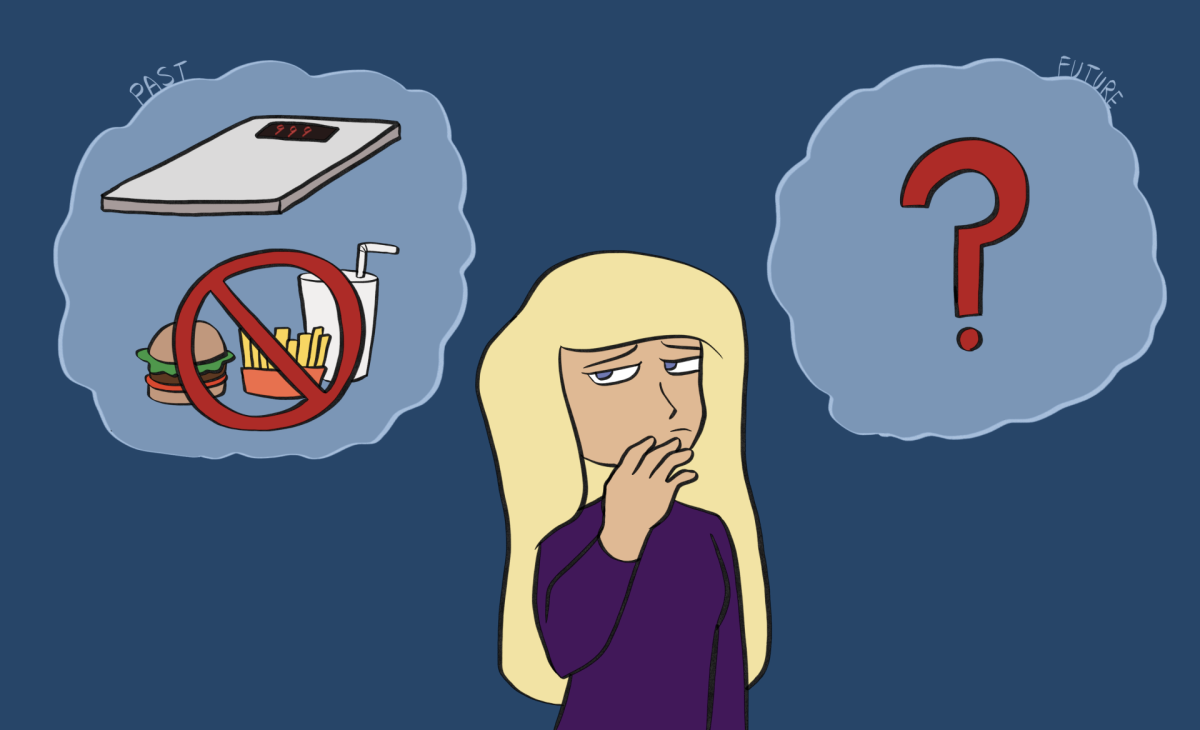As of now, I know that at least five percent of you readers are undecided voters. For those watching the presidential debates and observing the rhetoric surrounding election time, I must say that I sympathize with you.
Particularly, I, too, feel that much of the rhetoric is simply that: just rhetoric, and that the candidates from both major parties are liars.
For those who are frustrated with both parties, do not fret. Do not just choose from the lesser of two evils. Instead, a proposal: come join the Pirate Party of the United States.
This Pirate Party is more than just peg legs, patches and parrots. Rather, these “pirates” are an interest group that stands up for the free flow of information, free press, the protection of privacy and the transparency of government power that would allegedly be used to disrupt the flow of the Internet.
Have not heard of them before? Well, I am sure many of you have heard of WikiLeaks. This website came under scrutiny by the U.S. government for releasing leaked documents and censored footage regarding the war on terror.
In 2010, the Swedish branch of the Pirate Party granted safe haven to the whistleblowing website in Sweden.
Here is what we have to realize. The moniker of “third party” is more than just a curse word-third parties get things done too.
“Eugene Debs, a candidate for the Socialist Party in the 1910’s and 20’s, helped create an environment for [Franklin Roosevelt’s] new deal policies,” said DePaul politics expert, Michael Mezey.
“And in 1992, Ross Perot helped raise the issue on the national deficit,” said Mezey.
Perot’s campaign for the Reform Party preceded Bill Clinton’s presidency, in which the U.S. not only climbed out of deficit, but actually sustained surpluses.
The harsh fact is that in the U.S., the chances for most third party candidates getting elected to office is slim to none, but they play an important role in pushing hot-button issues into the mindsets of big-party candidates.
Keep in mind that neither of the above examples were successfully elected, yet they still helped promote real and lasting change within the structure of our notably bipartisan nation.
Today’s third parties exist for a myriad of reasons. Take the Libertarian Party, which strives for the easing of government control and involvement in all aspects of life- from the elimination of economic controls to the legalization of marijuana.
There is also the Rent Is Too Damn High Party- a New York party that exists because, as they believe, the rent is simply “too damn high.”
As DePaul media instructor Mike Conklin observes, “third parties are often like political lobbying groups. They are often formed around a single idea.”
Essentially, does that mean third parties can exist as politically efficient special interest groups?
“Unfortunately for third parties to massively change public opinion you need microphones, and microphones cost money,” said Mezey.
Indeed, the obstacles for third party influence are lofty. They come nowhere close to the major parties in terms of fundraising power.
At times, third parties have garnered a decent amount of the popular vote; however, the U.S. possesses a winner-take-all electoral college system, under which no alternative candidate has received an electoral vote for over 40 years. Dare we point out the fact that, come campaigning time, alternative party candidates are never invited to the debate sessions?
Third parties continue to garner small, yet growing, amounts of support within the present political structure. Among voters, a large portion of their support does indeed continue to come from undecided voters or voters disillusioned by the major parties. As Conklin puts it, “The question comes down to this. Are you willing to work within the [bipartisan] system, or do you want to work outside of it?”
So whatever your political beliefs are, take a look at the two major parties. Chances are you will not agree completely with either party.
For alienated voters, can you find a party that you regard as the lesser of two evils?
For those who find that they just cannot agree with neither of the two major parties, find a third party. For me, if I decide that both of the parties are equally bad, I just might consider putting a third party on my ballot. A third party vote can almost function, as Conklin puts it, “as a vote of protest.”
Mezey claims, “with today’s disillusioned voter base, the time may be ripe for the rise of third parties.”







